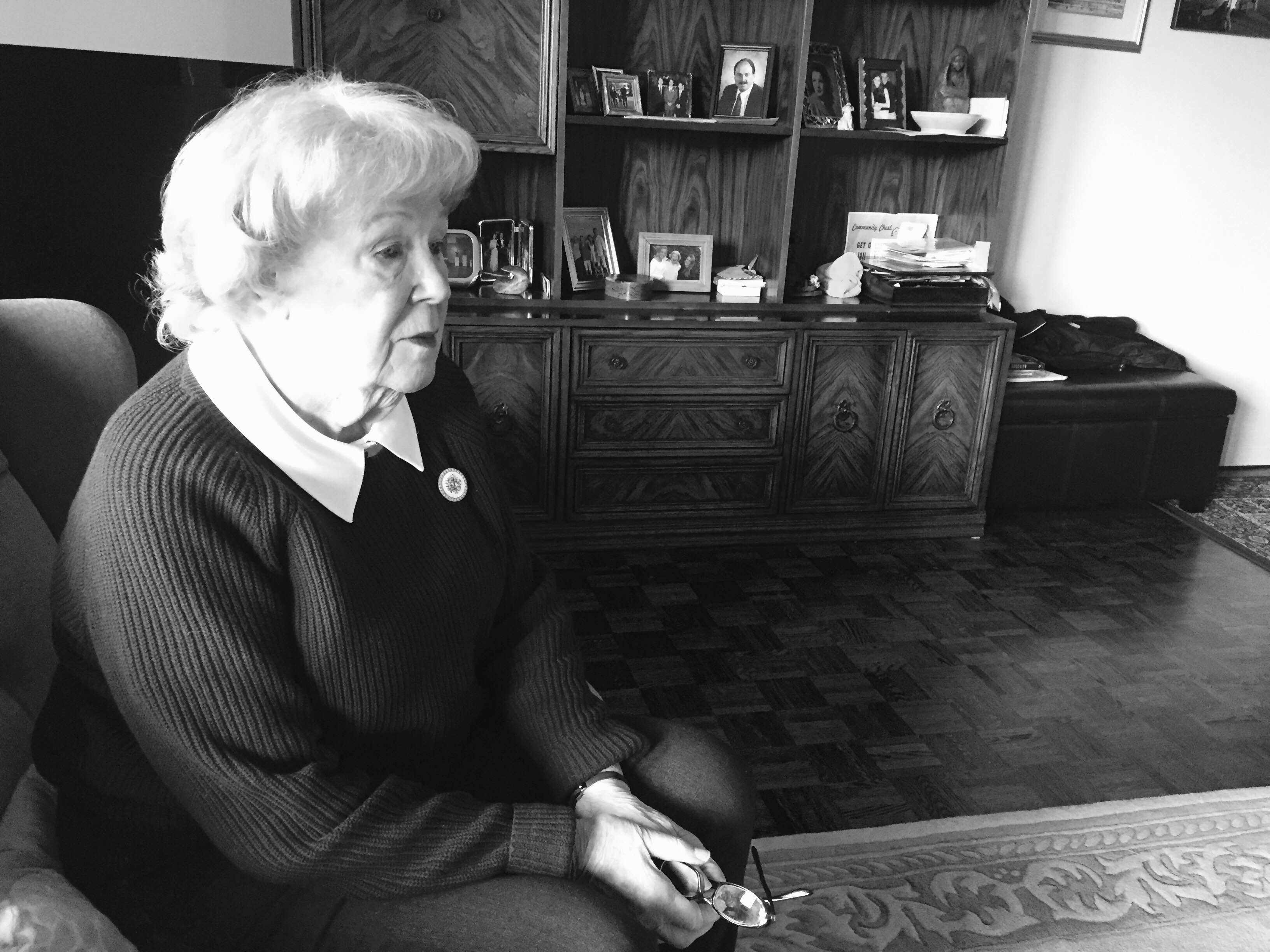“If there is no response for care needs, for example, and this is one area where there is a lot of pressure on the federal government to design a care strategy for Canada, a lot of people will suffer, that’s for sure” – Nicole Bernier, Research Director of the Faces of Aging program, IRPP.
In Prime Minister Justin Trudeau’s mandate letter to the Minister of Health, Jane Philpott, Trudeau highlights the importance for innovation in health care. He writes that the Minister is to, “advance pan-Canadian collaboration on health innovation to encourage the adoption of new digital health technology to improve access, increase efficiency and improve outcomes for patients.”
While the new Liberal government has yet to act on this plan, Stephen Harper’s Conservative government created a program called AGE-WELL. AGE-WELL stands for Aging Gracefully Across Environments Using Technology to Support Wellness Management, Engagement and Long Life. The federally-funded program launched in March 2015 and is funded by the Networks of Centres of Excellence program until February 2020.
Dr. Andrew Sixsmith is the Scientific Director of AGE-WELL. Sixsmith says AGE-WELL was created for two reasons: Canada is going to have an old population very soon and there is a need for innovation, and it is filling a gap that has existed in health care in this country for the past 10 to 15 years.
“Canada is probably in the developed world, over the next couple of decades, going to have one of the more rapid growth in seniors within the population. So there needs to be response to that,” Sixsmith says. “We’ve got to be able to respond to the growing need, so that means that we have to use our resources in a smarter way.” But it doesn’t stop there. “Similarly with long-term care, we need to develop options which are going to perhaps offset the needs of people to enter long-term care which is again an expensive option. We’re addressing a gap that has always existed, we’ve not been very smart in terms of the support that we give to older people. There’s always going to be long-term care, residential facilities around, but that shouldn’t be the mainstay of the care that we provide. We need to have better services in the community that are going to help seniors and caregivers to live independently.”
The services that Sixsmith mentions are plentiful. AGE-WELL is currently researching many ways in which Canada’s elderly can be accommodated through modern information and communication technologies. One of them, is wearable tech.
Adrian Chan is a Professor at Carleton University in the Department of Systems and Computer Engineering. Chan’s current research, biomedical signal quality analysis, investigates the collection of data from wearable technology.
“Biomedical signal quality analysis can alert operators of issues arising during data collection and inform them how to resolve them,” reads Chan’s website. Chan is well versed in wearable technology. Chan defines the supportive role of wearable technology and the need for seniors to “age in place.”.
